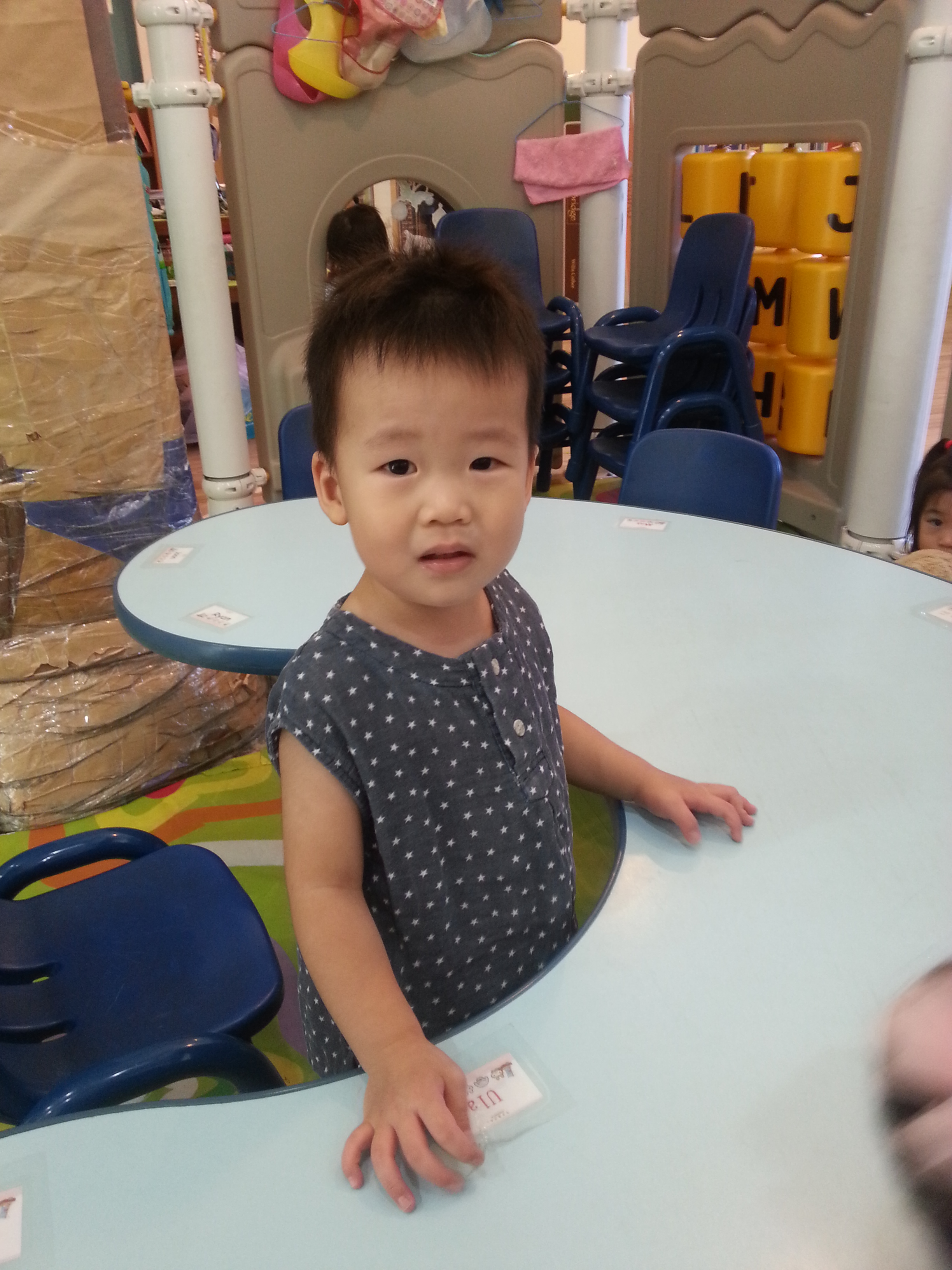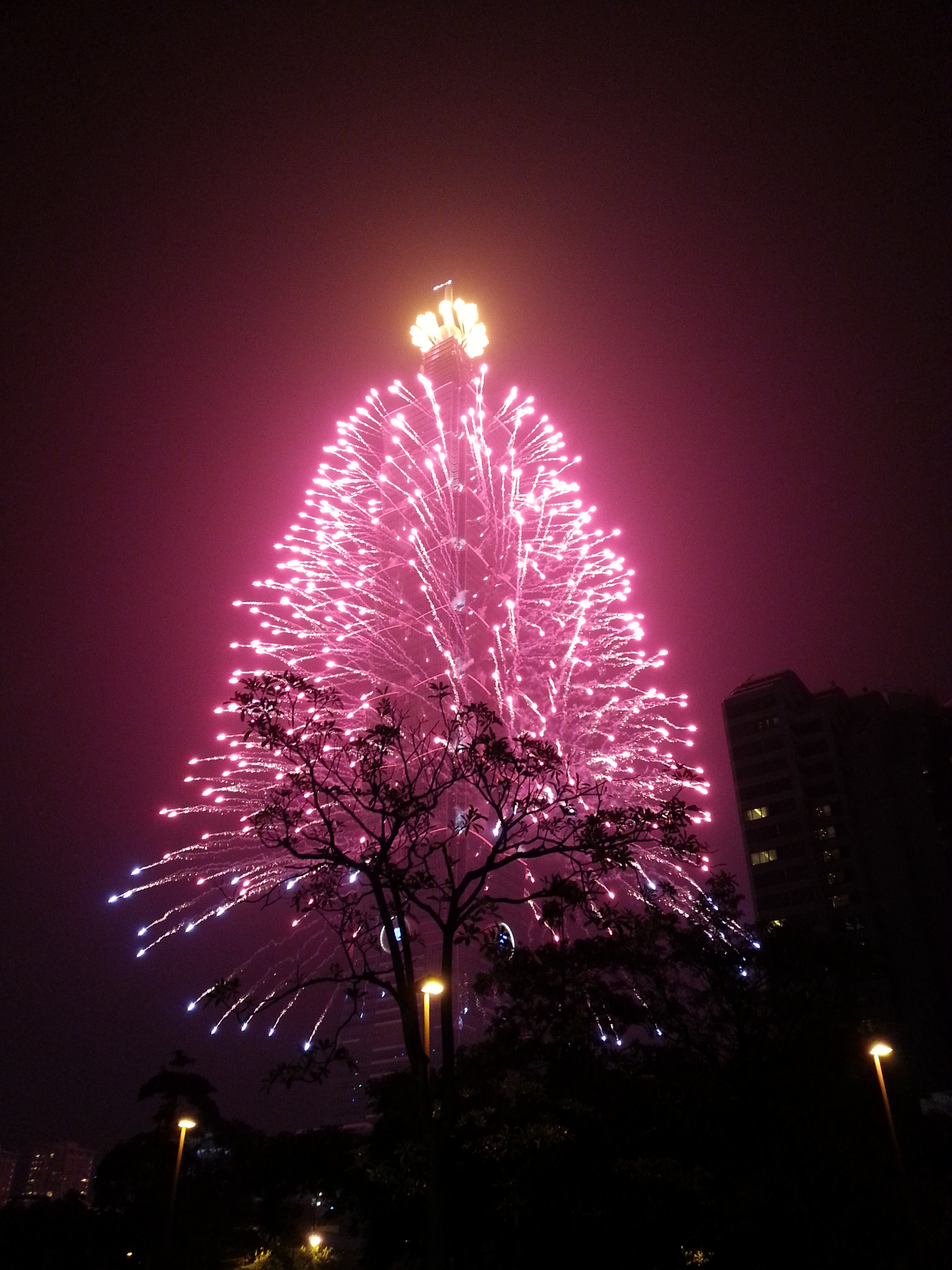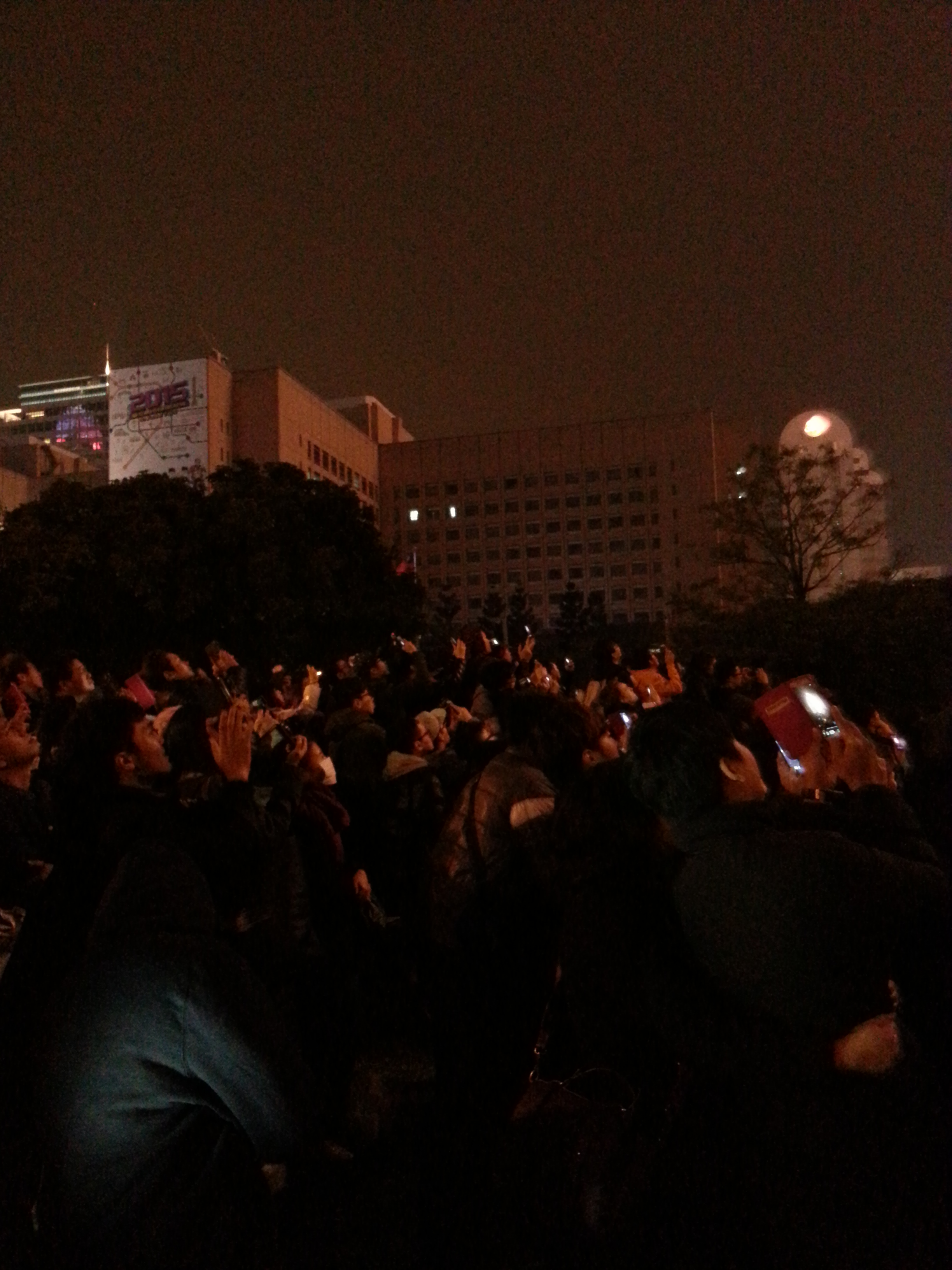I saved $10,000USD in my year in Taiwan, but it wasn’t all easy. Here’s the real lowdown on what you can expect to save an earn by teaching English in Taiwan. Please note this is excluding flights to and from Taiwan.
The first thing you need to realise before you come to Taiwan is it’s not that cheap it is far more expensive than Thailand, Vietnam and the rest of S.E Asia.
Here’s a breakdown (100twd: 3USD: 2GBP)
Produce:
Rice and grains are very cheap, fresh produce is where you’re going to be in trouble. Shop at local markets and shop food that’s in season, or you’ll be paying for than in the West for vegetables. If it’s in season, it’s cheap, if not, you’re looking at Western prices. Fruit and veg are surprisingly expensive and will push your food budget up. 60twd for a head of broccoli?! 80twd for a large mango?!
Eating out:
A meal at a local place will set you back 50-150twd depending on the area of Taipei. However, there’s a good chance the cheaper you go the oilier and more unhealthy it will be.
To eat at a Western place, you’re looking at average 200-400twd for just a main course.
Alcohol:
A cocktail in most places or a nice beer/glass of wine will cost you around 300twd (9USD!) so not much difference to the west there. Taiwan beer, the cheapest beer, will sometimes be as little as 100twd on tap.
As with anywhere, if you want to save money limit your nights out and drinking or don’t drink at all. Which leads me to…
Nights out:
Cover of your standard places is usually 300twd with a drink token. Fancier clubs like Myst and Omni are 600-700twd with 2 tokens. Taxis cost about 200-300twd if you don’t live miles away.
Tea and coffee:
Are ludicrously expensive in Taiwan unless you buy them from the convenience stores or a hole in the wall place. If you want to go to a nice coffee shop, you’re looking at, wait for it, about 160-200TWD for a coffee or tea. To put that into perspective a Venti Starbucks latte in Taiwan is 140TWD. Coffee places in Taiwan are more expensive than Starbucks, and around the price of a mid-range meal.
Ludicrous. Pro tip: get a flask and make it at home, but if you’re a coffee shop dweller like me this will be a hit to your past times. A confession is I spent far too much at Starbucks in my year in Taiwan, I think on average I was buying 3 or 4 coffees there a week. It was the only place to chill at on my lunch break that did soy and wasn’t my school. Could I have saved more without them? Probably. Would I have been as sane? Probably not.
Rent and bills:
Here’s where you’ll save compared to other countries, although if you’ve researched Korea you’ll know that you’re given an apartment. If you live outside Taipei you’re going to save a lot more, but in Taipei you can get a bit of a run down place for 6000-8000twd, a nice place for 9000-11000, and a studio apartment for 11000-16000 if you want to live alone (very variable on size and location). Living in New Taipei will save you money, but if you live around the brown line/Guting/Taipower/Fuxing (basically the areas you want to live to be near things) you’re going to be paying the above amount. I was paying 11000twd for a good sized room in a flat with 3 people in an excellent location in the heart of downtown (Zhongxiao Fuxing) the flat was in excellent condition and had a kitchen. Halfway through I moved to the smaller room in the same flat and my rent changed to 9000twd. Score!
Bills come to between 1000twd and 2000twd a month. We had a maid split between us for 300twd each a week, and she did everything. It was wonderful and a huge bonus of having flatmates!
Transport:
Expensive, don’t be fooled! Well, it’s not Western Europe prices and if you just toddle round Taipei and stay on the slow trains you’re not going to spend too much. The high speed rail will set you back a lot more, as a one way from Taipei to Kaohsiung with a reserved ticket is 1,630TWD. The MRT in Taipei costs 16twd-54twd a trip, for most journeys you pay 20-24twd. I spent 1000TWD a month on transport.
Cell phone:
I got a prepaid sim and topped up in 7/11s every month. The great thing with this is that you can top up data and calls separately, so I would top up data every month for 300twd (2.2GB) and then calls and texts every 5 or 6 months for 600twd. This was great because it meant my phone was a very minor expense, and it’s definitely what I recommend. 2.2GB would last me 20 days to a month with streaming music, hotspotting, and pretty constant internet use.
Chinese lessons:
Are between 300 and 700twd an hour for private tutoring. I recommend learning enough to help you get by and not feel completely isolated from the city. Towards the end I was doing 1.5 hours 3x a week, which was the perfect amount for me but was costing me around 6000twd a month.
And what are you earning?
Okay, so all of this isn’t that expensive by Western European or North American standards, or at least most of this isn’t (I still haven’t got past the coffee prices, eeeeesh, and they make you order too!). But what you’re earning wouldn’t last you one week in a Western city. In one year, I earned roughly 18,000-20,000USD. There is simply no way I could have lived as well as I did in any Western city on that much, or saved as much as I did. Now lets look at the salary breakdown, the schools who you might get employed by, and how much you’ll need to work.
Hess
Hess is the biggest chain school in Taiwan, and they also have branches in China. They recruit you independently and put you in a huge month long training course where you’ll meet a lot of other excited newbies and can make some friends. You’ll also get your TEFL through them and be taught a lot of rousing songs. You won’t be paid as much as if you get employed with other schools (570twd an hour starting salary) but you’ll probably be able to rack up a lot, and I mean a LOT of hours.
As for experience, some people love it, some hate it. It’s so dependant on the schools. You get 10 days of leave a year, and I think you also get a contract completion bonus.
Pros: a lot of hours, you can make friends on the course and bond with other newbies.
Cons: possibly a hellish school, you can be sent anywhere in Taiwan, small wage, unpaid training for a month.
Shane
Shane schools also recruit independently and put you on a training course. I don’t know much about them but I know a few people who worked for them and got out fast after the first year.
Reach to Teach
Aren’t a school, they’re a recruiter. The schools they recruit for pay 600TWD an hour and up. I went through them and although I can’t say the school was the school was the best (split shifts and incredibly inefficient working hours, and some questionable working conditions) my experience was generally positive. I didn’t manage to get them to sort out my school underpaying me for 2 months (breaching the contract), but turns out I needed to make more of a fuss and go to Carrie, head of Reach to Teach who just sorted out the same situation for my replacement. Overall, I recommend using a recruiter if you want a decent (but probably not amazing) job sorted before you come to the country.
Other schools
Will pay a starting salary of 600-650twd. If you have experience you can get 700 or maybe even a little more if you’re lucky and can negotiate. The important thing to remember, though, is that the job market in Taiwan isn’t as good as it used to be. In the past 5 years or so, cost of living in the city has dramatically risen in the city but salaries for English teachers haven’t risen at all.
The majority of my friends were on around 20 hours a week which is around 50,000twd dollars a month before taxes, which are 18% for your first 6 months (most of which you get back, eventually). Living well but not extravagantly will set you back about 25,000 – 30,000twd a month. This is with a nice meal out once of twice a week, Chinese lessons, and the occasional night out. I was on 25.5 hours a week and it came to 55,000twd a month after taxes but I only earned that for about 9 months of my 13 in Taiwan. As you might expect, this was a problem and was not something I was warned about.
So how do you save?
Set yourself a goal every month from your salary. Mine was to save 25,000 every month (that I earned a full paycheck). Most months I hit this, some months I saved a little less, some a little more, but I could see my balance every month increasing by 25,000.
If you arrive before the 1st of July you’ll get your taxes back from this year. This is very important, if you arrive after you’ll be losing out on up to 50,000twd. You can then get your taxes express taxed if you leave 1 year later. You can only do this once every 5 years – otherwise you have to wait until summer the following year and then go back to Taiwan and collect a cheque.
Quite simply, the way to save is private students which will earn you anything from 700twd to 1500twd an hour. Try and negotiate being paid for 10 classes upfront by offering a discount – this will give you more reliability. Also try to make the classes 90 minutes minimum as you will usually have to go to them and you don’t want to be spending more time travelling than teaching. Again, offer discounts for 2 hour classes. It will pay off in the long run. Set a cancellation policy – I learned this after having a student who would cancel on me as I was on the way to a class, and another who would halve the time we were having together when I was already there. Make sure they pay you for your time. I consistently got frustrated by the lack of respect from my students that this was how I earned my living. Having said that, though, private tutoring was one of the most fun and rewarding things I did, as it allowed me to teach adults which is what I’m actually trained for.
I earned between 9,500 and 20,000twd extra every month from private students by listing myself on tutoring websites. I think one month I hit 30,000twd from privates, but I was exhausted and drained and it stopped being worth it. I tried to limit myself to two private classes a week, one on Saturdays and one in the evening after work. I could have done more, but leaving my apartment at 9am and getting home at 10.30pm after an entire day of teaching isn’t sustainable for more than one or two days a week, for me at least. If you can do that, great. And of course, the more hours you’re earning, the less you’re spending. Because I tutored at the weekend, the number of weekend trips I went on was limited.
Remember, 25-30 hours of teaching a week might not sound much to someone who’s used to a 9-5 40 hour work week, but you’re on your feet and talking constantly. You’re also expected to do unpaid preparation time and marking in pretty much every job, about 10 hours a week average if you have a 30 hour work week.
Final tips:
Keep a budget app. I loved Monefy, because the interface was extremely nice to use.
Meal plan I saved the most when I still had a kitchen (before my stove broke 6 months before I left) and I would do all my cooking on a Monday evening, then take it to school for lunch and a mid afternoon meal. My school had a microwave (which then also broke…) so I would heat things up there. Bulk buying and cooking and using a lot of dried beans bought cheaply saved me a lot of money, and I was eating well for around 100twd a day. Plus an extra 60twd or so for my breakfast smoothie and a light meal at the end of the day.
Do a mixture of day job and privates, or kindy and buxiban I know I’ve said this already, but this really is where you’ll make bank in a way that you simply won’t with just buxiban (afternoon cram school). If you can get an all day kindergarten job (usually 9-3/4) then find an evening cram school job or tutoring, that’s the best.
Avoid a Western lifestyle if you go out every weekend, if you drink, if you hang around in coffee shops, and if you hunt down the Western food you will burn through your earnings very, very fast. Eat noodles, rice, local market produce, and from local places and you’ll find it easy to put away money.
And most importantly, enjoy! I could have saved a lot more, but I’ve very happy with what I did save and I had fun, learned Chinese, took yoga classes, went out about once a month, and travelled around a little. I lived a single lifestyle where I was rarely home, and I at times spent more than I maybe should have. I struggled from time to time, but when I left Taiwan it was with a lot of positive feelings.
You can save a lot in Taiwan, or nothing at all. It’s completely up to you how hard you want to work and how hard you want to play. Just don’t think that it’s cheap just because it’s Asia. Good luck!





